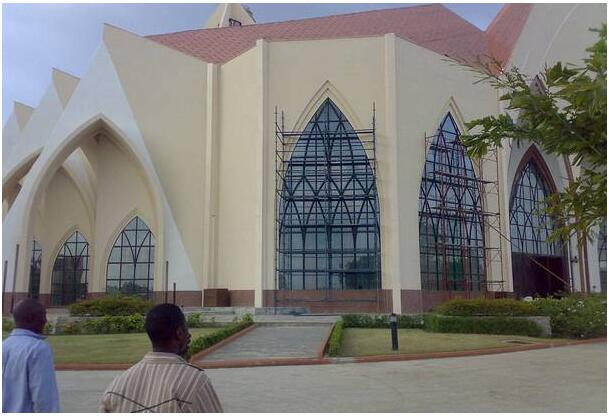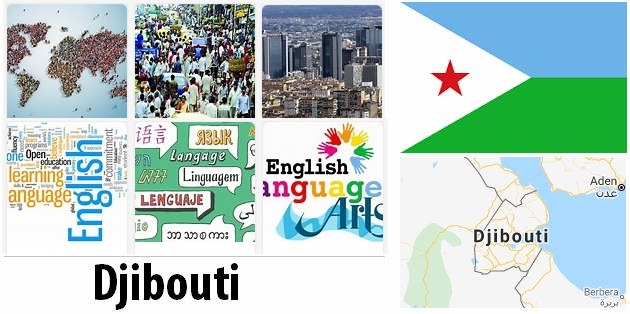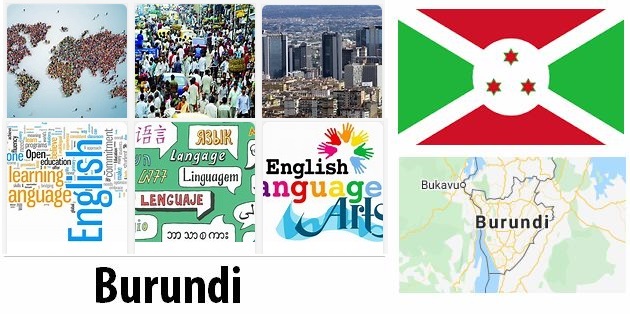Nigeria Health
Health care
Overall, health care in Nigeria can be described as “poor”. Anyone who has no money does not get medical treatment. There is a considerable gap between rich and poor and between north and south: in the north of the country, health care is particularly precarious. In the country the conditions are even worse than in the city.
According to homosociety, with 29 deaths per 1,000 newborns, Nigeria has – according to a UNICEF report (2018) – the eleventh highest death rate among newborns worldwide. This makes the country in sub-Saharan Africa “one of the eight most dangerous places” to be born.
The medical facilities are usually maintained by the state. Only a few institutions are financed by the churches or private sponsors. Because the cost of medical treatment in the private facilities is high, only the few wealthy Nigerians can avail of it.
The belief in the healing powers of traditional medicine is still very much alive among Nigerians. In the case of certain illnesses, traditional healers are consulted rather than conventional medicine based on the western model.
Diseases
The most common diseases in Nigeria are malaria, hepatitis, diarrheal diseases, cholera, typhoid, tuberculosis, yellow fever, polio, meningitis, schistosomiasis (schistosomiasis), which is transmitted by freshwater parasites, river blindness (“river blindness”) and sleeping sickness, which is caused by Tsetse flies is transmitted.
Several mass vaccinations against polio and meningitis have been carried out in recent years. At the end of 2016 there was an acute meningitis outbreak in which 745 people died and more than 8,000 suspected cases were registered. According to the World Health Organization (WHO), half of the children affected are between the ages of five and 14 years. The states in the north of the country are particularly affected.
HIV / AIDS
HIV / AIDS has spread very rapidly in Nigeria in recent years. Reasons for the rapid spread are factors such as promiscuity, the still infrequent use of condoms, rural and urban poverty, the low literacy rate and poor education, the overall poor state of health, the low social status of women and the stigmatization of the sick.
To combat the further spread of HIV-AIDS, the government founded the National Agency for the Control of HIV / AIDS ” (NACA) ” (NACA) in 2002. The international organization AVERT carries out a variety of campaigns to increase public awareness, education and prevention.
Ebola
In 2014, an Ebola epidemic spread in West Africa – particularly in Guinea, Liberia and Sierra Leone. According to estimates by the World Health Organization (WHO), a total of 5,833 people had been infected by September 2014, and 2,833 people had died of the virus at this time.
Compared to the other West African countries, Ebola had only spread to a limited extent in Nigeria. There are a total of 20 confirmed Ebola cases, 8 of which were fatal. President Goodluck Jonathan declared at the UN General Assembly on September 25, 2014: “Today we can confidently say that Nigeria is Ebola-free.” Nigeria – like Senegal – has thus proven that the Ebola virus can be controlled. On October 20, 2014, the World Health Organization (WHO) officially declared Nigeria Ebola-free. Nigeria is thus seen as a role model for fighting Ebola in West Africa.
Coronavirus / COVID-19
The coronavirus, which caused the first deaths in the Chinese city of Wuhan at the beginning of 2020, quickly reached the African continent: the first case was registered in Nigeria at the end of February. It was an Italian who works in Nigeria and who had returned to the economic metropolis of Lagos after a stay in Milan. The second corona case in Nigeria was infected by this Italian.
Since then, the virus has spread rapidly in Nigeria – as well as throughout the world: According to the Nigerian National Disease Control Office, Center for Disease Control (NCDC), there were 40 confirmed cases of infection and one death in Nigeria in mid-March 2020. To curb the further spread of the coronavirus, the Nigerian government took a series of measures in mid-March. National borders and airports (especially for international flights) were closed and gatherings with a large number of people were prohibited.
At the end of March 2020, the government then imposed a five-week curfew (lockdown) in the three states of Lagos, Abuja and Ogun, which were most affected by Corona at the time. The curfew was relaxed on May 4th, 2020. Since then, there is only a nightly curfew from 8 p.m. to 6 a.m. nationwide, as well as the obligation to wear masks in public places, especially in shops, banks and in the markets.
Despite the measures, the virus continued to spread in the country, so that all 36 states have been affected since the end of May 2020. The number of confirmed cases of infection rose to over 9,000 by the end of May and the number of reported deaths related to COVID-19 to 300. The virus is expected to spread further in Nigeria in the coming months. The daily updated statistics on the course of the infection numbers are published by the National Disease Control Office Nigeria Center for Disease Control (NCDC). In addition, regular updates on the pandemic in Nigeria can be found on the website of the Delegation of German Business.
As in other parts of the world, the curfews in Nigeria have hit the poor in particular hard: the measures taken to contain the virus have caused famine among poorer Nigerians. A large part of the poor population works in the informal sector and is dependent on daily income – for example through the sale of food and trade in small quantities. These people were unable to generate any income during the curfew. In order to prevent the worst from happening, food was distributed to the needy population in some regions – by the government and aid organizations. In late April, the International Monetary Fund (IMF) approved one for Nigeria$ 3.4 billion emergency loan to help fight COVID-19 pandemic. In addition, the African Development Bank (AfDB) in June 2020, a loan approved US dollars for Nigeria in the amount of 288.5 million, to combat the COVID-19 pandemic and mitigate its impact on society and the economy.
Many Nigerians have lost their jobs. The informal sector, agriculture, manufacturing and tourism are particularly hard hit. Poverty in Nigeria will rise again due to the corona pandemic and the rising middle class could slide into poverty again, as many small and medium-sized companies go bankrupt. The corona pandemic shows the major weaknesses of the Nigerian health system: Medical care in the country is absolutely inadequate.
At the end of June 2020, the Nigerian federal government initiated the first easing of measures and reopened traffic between the federal states. In addition, domestic flights were resumed after a three-month lockdown. At the end of July, the rail connections in the country were reopened and international air traffic was allowed again at the beginning of September. For the resumption of international air traffic, the Nigerian government signed a security protocol adopt strict security measures. Accordingly, the airlines are among other things responsible for ensuring that passengers who want to travel to Nigeria must have a negative corona test that is not older than 72 hours. Failure to comply with this rule will result in airlines being fined $ 3,500 per passenger.



